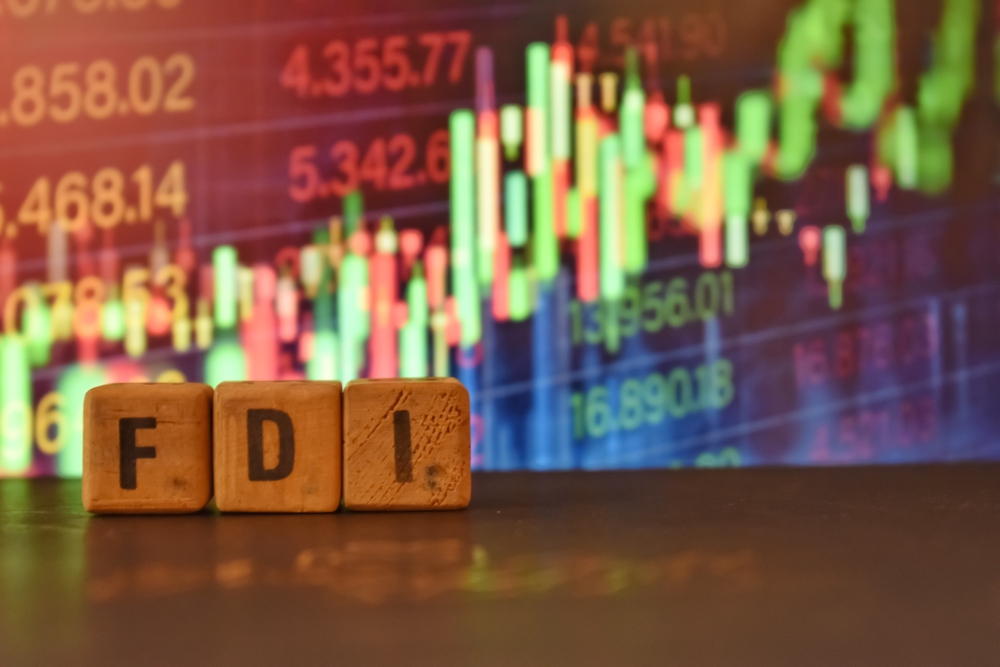Global investment slowdown raises alarms for development
Foreign direct investment (FDI) into developing economies plunged to $435 billion in 2023, its lowest level since 2005, according to a World Bank report released Monday. Advanced economies fared even worse, attracting only $336 billion — a figure not seen since 1996.
The World Bank blamed the sharp decline on increasing trade barriers, economic fragmentation, and growing macroeconomic and geopolitical risks. These trends are threatening the ability of emerging economies to close infrastructure gaps and advance critical development goals.
Policy barriers and recession fears hinder investment
“The sharp drop in FDI to developing economies should sound alarm bells,” said Ayhan Kose, the World Bank’s deputy chief economist. “Reversing this slowdown is not just an economic imperative — it’s essential for job creation, sustained growth, and achieving broader development goals.”
The report links declining FDI to growing restrictions on trade and investment. It also noted that investment tends to fall before economic recessions, raising concerns over future global stability. In particular, infrastructure in many low- and middle-income countries remains chronically underfunded.
Urgent call for reform and cooperation
The World Bank urged developing nations to implement structural reforms to improve their investment climates. This includes easing regulatory burdens, integrating into global trade networks, and expanding formal labor markets. Countries should also coordinate to direct more FDI toward regions with the greatest development needs.
FDI has historically been a reliable driver of growth. According to the report, a 10% rise in FDI inflows can raise GDP in developing economies by up to 0.8%, especially in countries with strong institutions and low informality.
FDI slowdown mirrors broader economic uncertainty
FDI inflows to developing countries now account for just 2.3% of GDP, down from nearly 5% in 2008. At the same time, global trade growth from 2020 to 2024 has been the weakest since 2000. Uncertainty, driven by tariffs and geopolitical friction, remains at historic highs.
World Bank Chief Economist Indermit Gill criticized governments for embracing protectionist policies. “Governments have been busy erecting barriers to investment and trade when they should be deliberately taking them down,” he said. “They will have to ditch that bad habit.”
Between 2012 and 2024, China, India, and Brazil together attracted nearly half of all FDI to developing economies. Meanwhile, the bulk of FDI in these regions came from advanced economies, particularly the EU and the United States.


